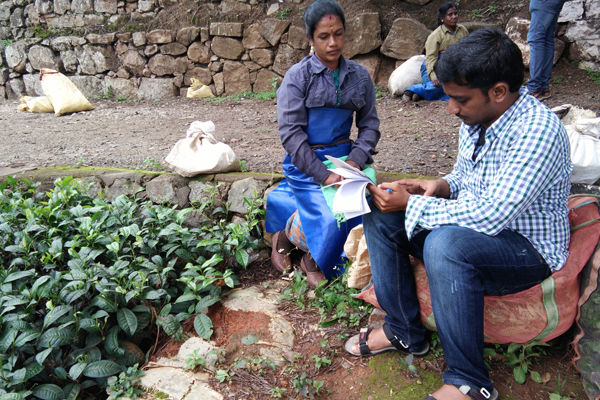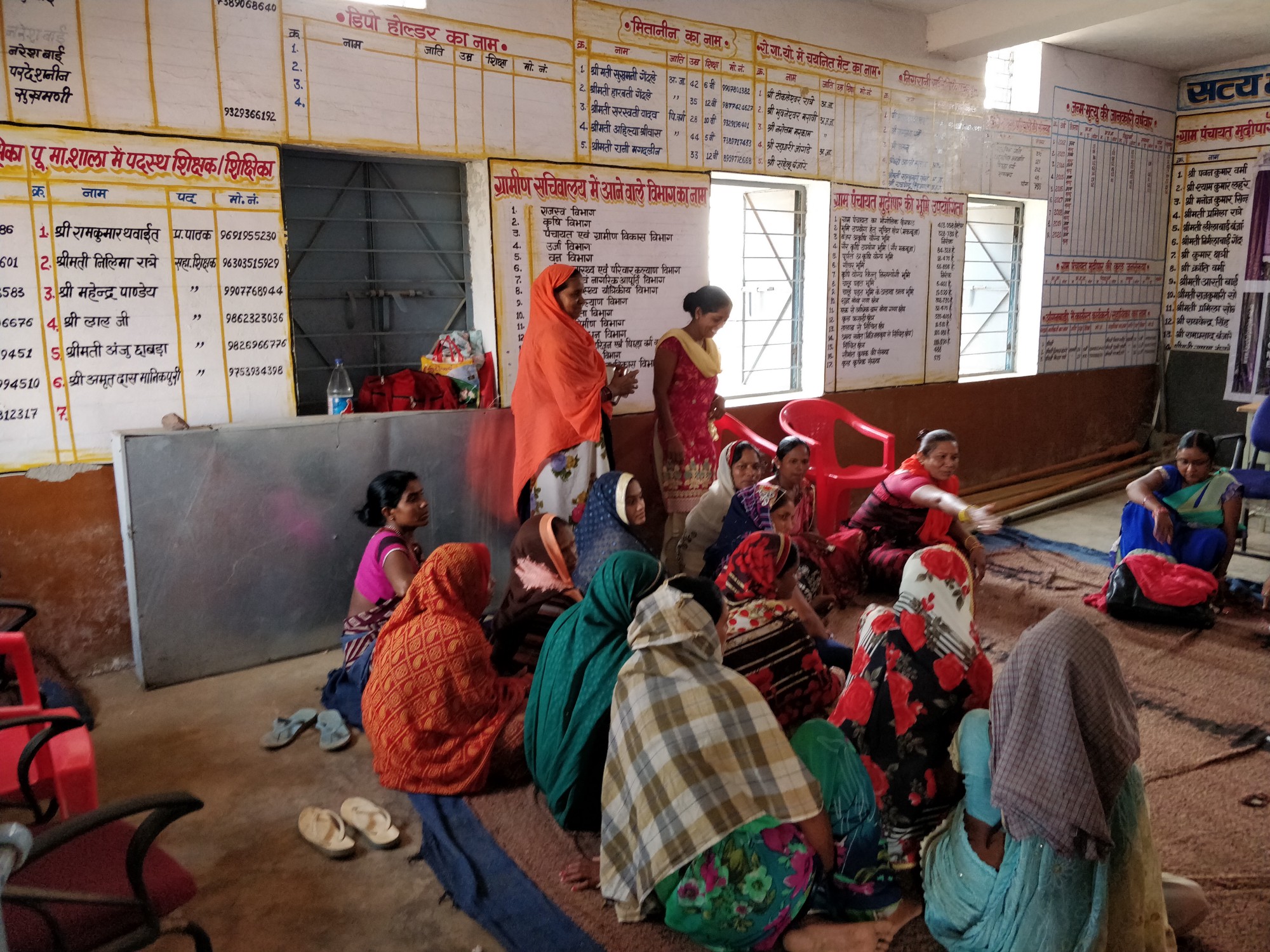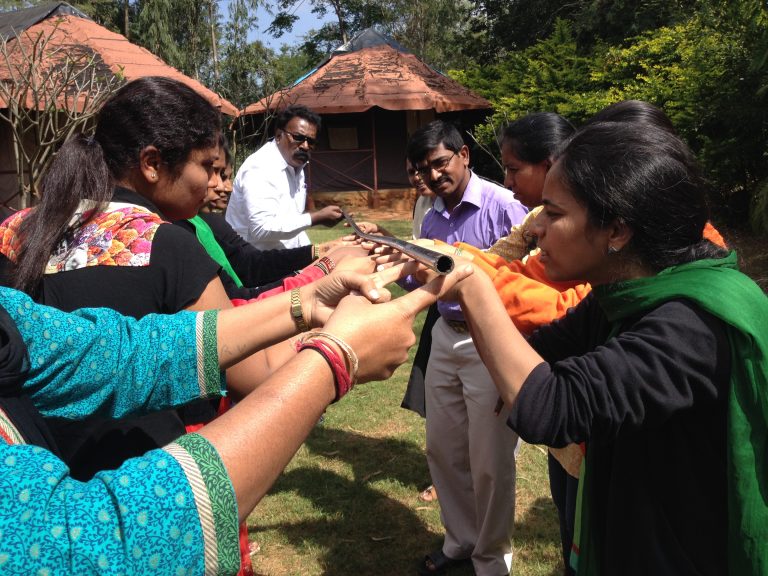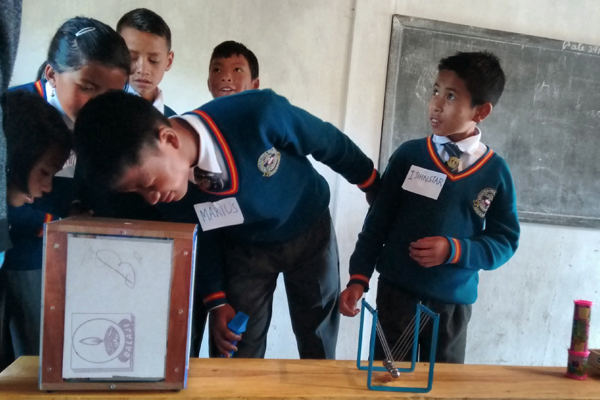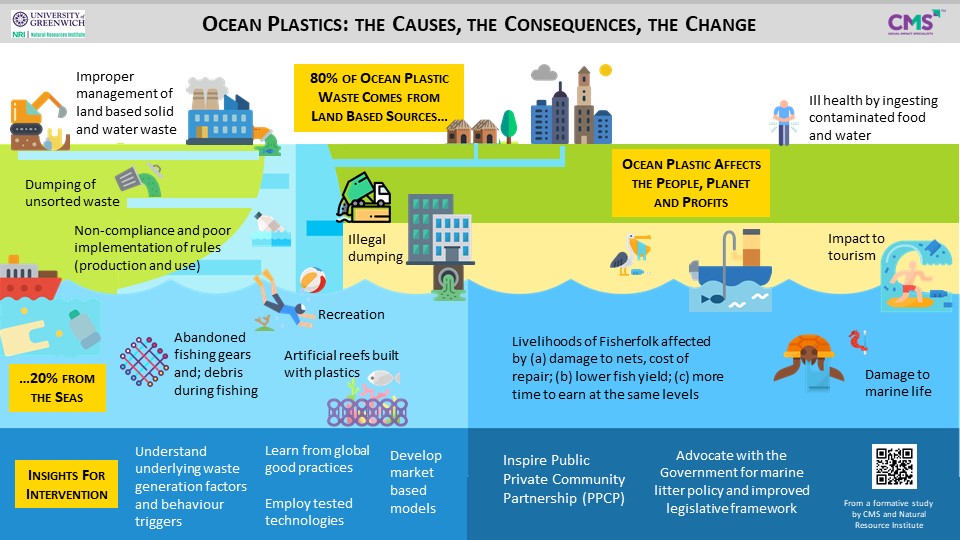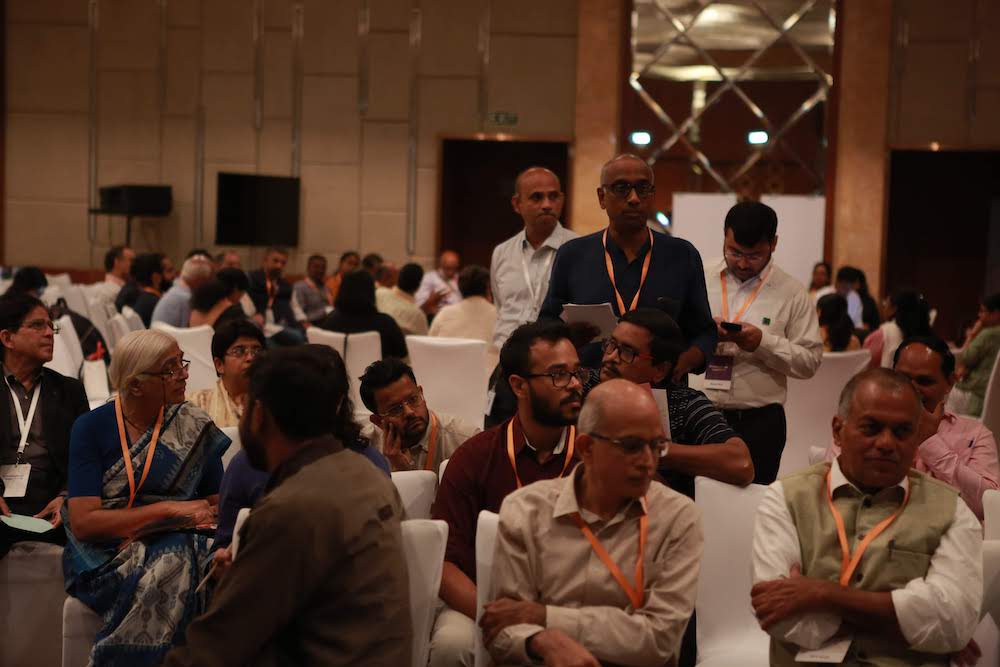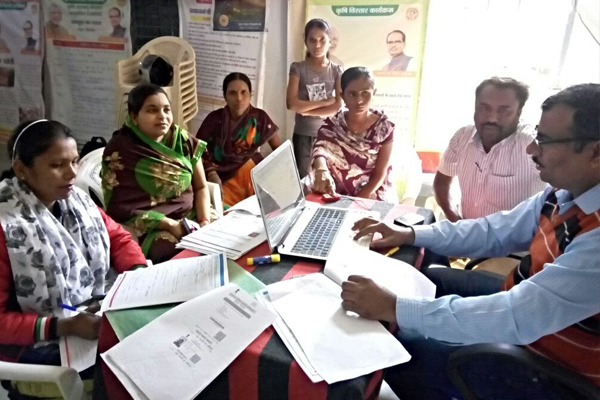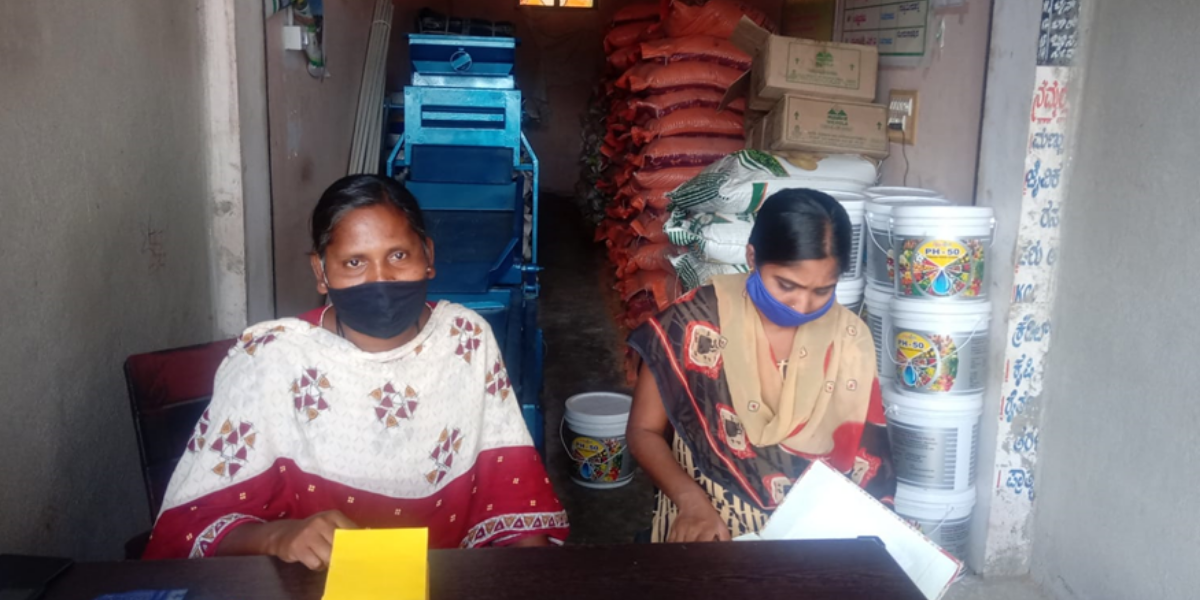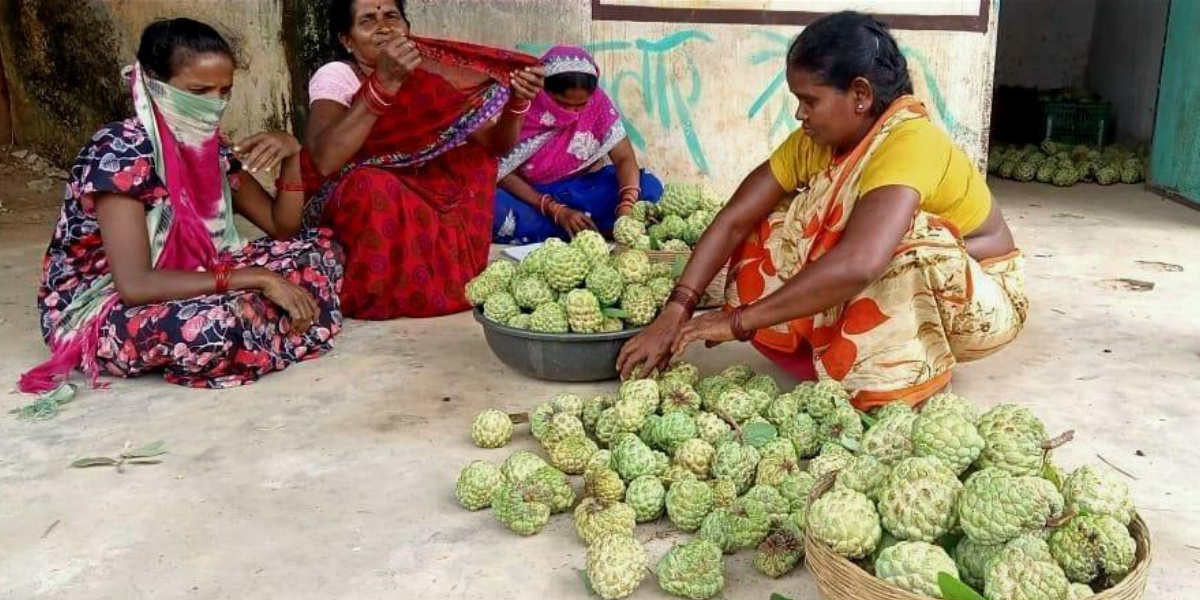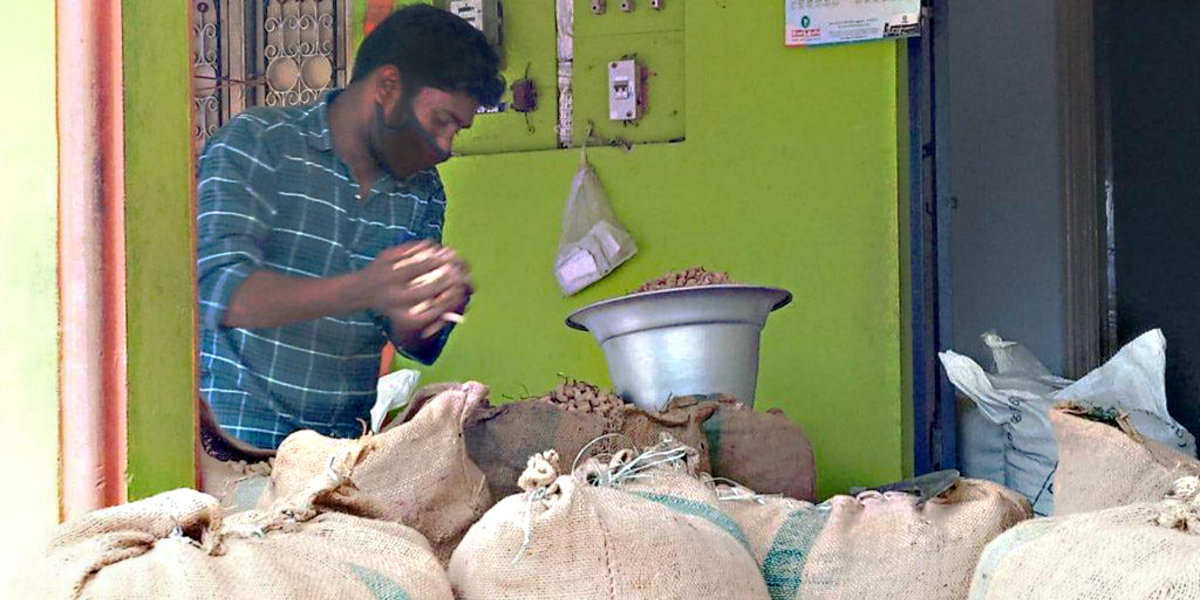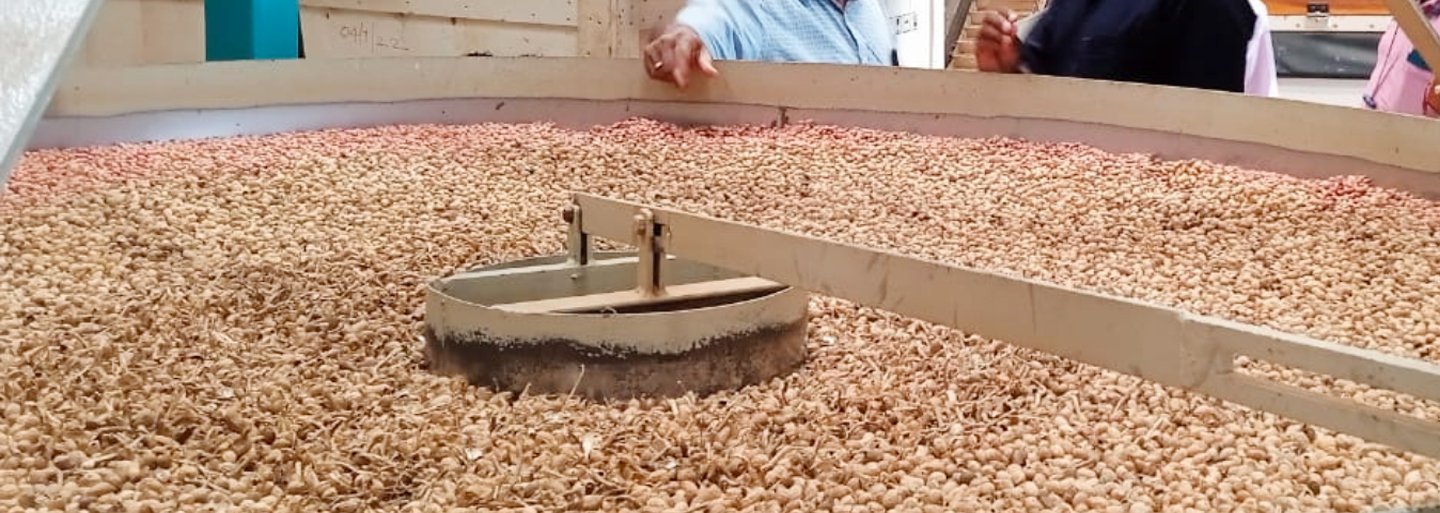INCLUSIVE BUSINESS MODELS
In India, around 70 percent to 90 percent of the rural households depend on agriculture and allied sector as their principal means of livelihood. Smallholder farmers constitute 80 percent of total farm households, forming the backbone of agricultural production. However, despite their contributions, they remain poor and vulnerable, plagued by a serious lack of resources ( land, water, energy, and credit), appropriate technologies, opportunities to develop skills, functional and fair markets for products and inputs, health care and sanitation, and education and social services. Declining productivity and incomes, and concerns about the overall viability of smallholder farming systems itself, pose a huge barrier to achieving poverty reduction, food security, and economic empowerment of this marginalised section. Notwithstanding years of investment by government, NGOs and the farmers themselves, and despite improved markets and the emerging new opportunities, the smallholder agricultural production system has continued to operate inefficiently, failing to yield scalable impact.
We believe that there is a need to refocus attention on the farming systems as an ‘enterprise’ and re-strategise services through a demand-led market-based mechanism. An integrated approach that leverages market opportunities, provides comprehensive end-to-end solution, and builds sustainable business-supply-chains to integrate farmers, can revitalise the smallholder farming systems. This requires a long-term engagement with farmers, and, importantly, looking at them as partners in the chain, rather than as recipients of benefits.
Our work with various market agents have proven that there are scalable and lasting solutions for improving productivity and reducing poverty for a farm. What is required is the transformation of smallholder farming systems from subsistence to profit-making. This requires an inclusive business model that goes beyond CSR to look at integrated inclusive business chains, invested in by companies/individuals who can sustain them through established channels and ensured markets.
It is important to note that for a model that creates social value, it is crucial to periodically monitor and evaluate impacts/social values, develop ‘performance metrics’ for the staff, channel partners and the farmers, extract learning from these, and use them in the action plans to implement effective interventions ensuring both business and social impacts.


